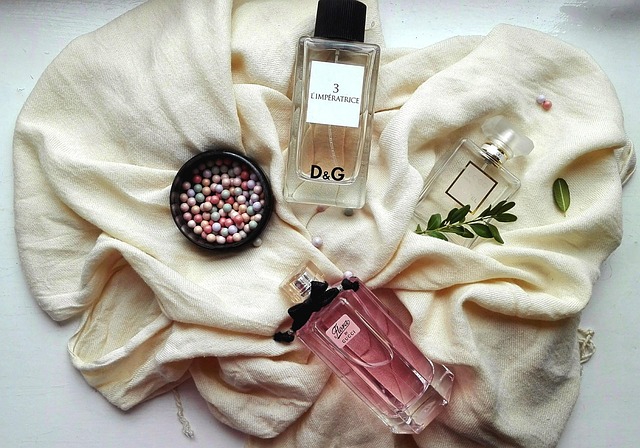Slow Dating: The Antidote to Modern Romance Burnout
In a world of swipe-right culture and instant connections, a new trend is emerging that's challenging the breakneck pace of modern dating. Slow dating, a thoughtful approach to romantic relationships, is gaining traction among those seeking deeper connections in an increasingly fast-paced digital landscape. Read below to explore how this movement is reshaping the way we think about love, intimacy, and partnership in the 21st century.

The emergence of slow dating can be traced back to the early 2010s, as a countermovement to the rapid-fire nature of dating apps. However, it gained significant momentum in the wake of the COVID-19 pandemic, which forced many to reassess their priorities and approach to relationships. As people faced isolation and uncertainty, the value of deep, authentic connections became increasingly apparent, catalyzing a shift towards more intentional dating practices.
The Principles of Slow Dating
At its core, slow dating is about quality over quantity. This approach encourages individuals to be more selective in their choices, taking the time to truly get to know potential partners before rushing into physical or emotional intimacy. Key principles include:
-
Mindful selection: Rather than swiping through hundreds of profiles, slow daters carefully consider potential matches based on shared values and genuine compatibility.
-
Paced progression: Relationships are allowed to develop naturally, without the pressure of arbitrary timelines or expectations.
-
Deep conversations: Emphasis is placed on meaningful dialogue and shared experiences, rather than surface-level small talk or purely physical attraction.
-
Limited multidating: Instead of juggling multiple prospects simultaneously, slow daters focus on one potential partner at a time.
-
Offline connections: While technology may facilitate initial introductions, slow dating prioritizes in-person interactions to foster authentic bonds.
The Psychology Behind Slow Dating
Psychologists and relationship experts have long warned about the potential drawbacks of fast-paced dating culture. Dr. Eli Finkel, a social psychologist at Northwestern University, argues that the paradox of choice in online dating can lead to decision fatigue and decreased satisfaction. Slow dating addresses this by encouraging a more thoughtful, selective approach.
Moreover, the emphasis on gradual relationship development aligns with attachment theory, which suggests that secure, lasting bonds are formed through consistent, reliable interactions over time. By allowing connections to develop organically, slow dating may foster healthier attachment styles and more stable relationships in the long run.
Research also indicates that taking things slow can lead to greater relationship satisfaction. A 2018 study published in the Journal of Social and Personal Relationships found that couples who waited longer to become sexually intimate reported higher levels of relationship satisfaction and stability.
Challenges and Criticisms
While slow dating offers many potential benefits, it’s not without its challenges. Critics argue that it may be overly idealistic in today’s fast-paced world, where time is often at a premium. There’s also concern that it could exclude individuals who have limited free time due to work or family commitments.
Additionally, some worry that slow dating might perpetuate outdated notions of courtship or reinforce gender stereotypes. It’s crucial for practitioners to approach slow dating with a modern, egalitarian mindset, ensuring that it doesn’t become a vehicle for regressive relationship dynamics.
The Future of Romance: Balancing Technology and Tradition
As we navigate the complexities of modern romance, slow dating offers a compelling alternative to the often unsatisfying cycle of rapid-fire matches and fleeting connections. By combining the accessibility of digital platforms with the intentionality of traditional courtship, this approach may help bridge the gap between technology and meaningful human connection.
Looking ahead, it’s likely that we’ll see a continued diversification of dating approaches, with slow dating becoming an increasingly popular option for those seeking depth and authenticity in their romantic lives. As society grapples with the long-term effects of digital saturation and social isolation, the principles of slow dating may well inform broader shifts in how we approach not just romance, but all forms of human connection in the digital age.






